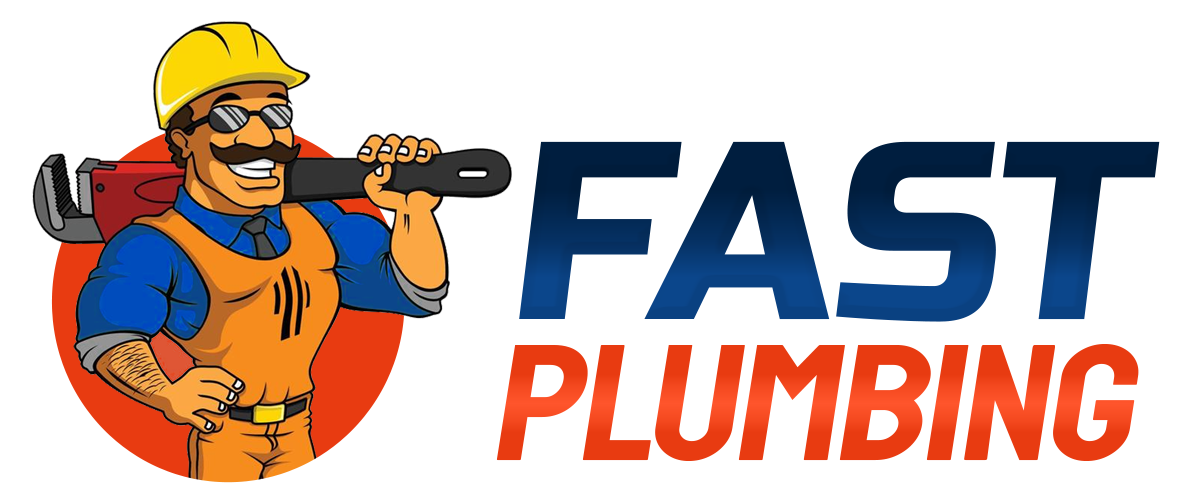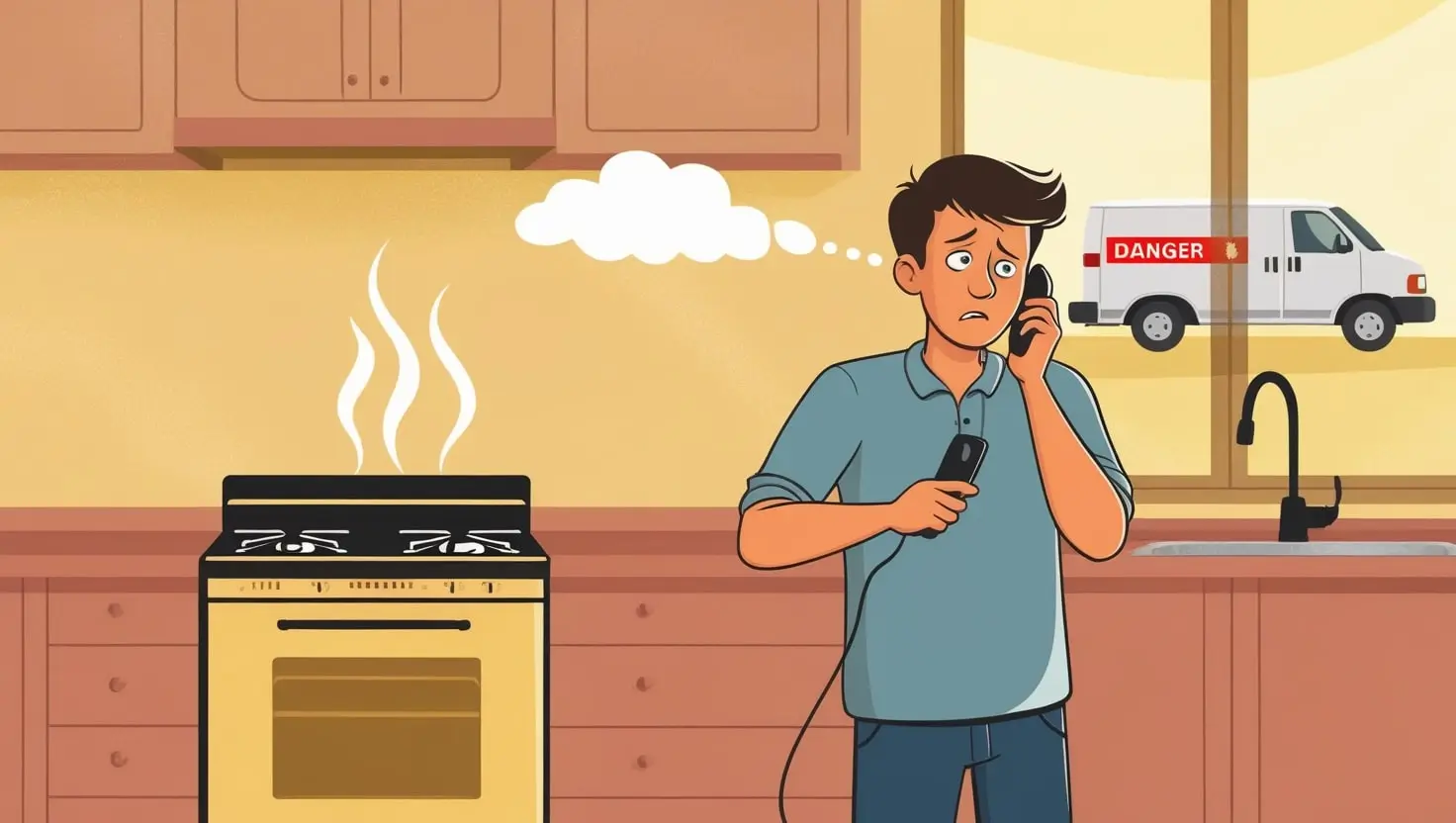When faced with the question, “Should you call a plumber to fix a gas leak?”, the answer is a resounding yes. Gas leaks are no laughing matter, and they require immediate attention from trained professionals. Let’s dive into the world of gas leaks, exploring why they’re so dangerous and why a plumber is your best bet for staying safe.
Understanding Gas Leaks: More Than Just Hot Air
Imagine you’re cooking dinner, and suddenly you catch a whiff of something that smells like rotten eggs. Your first thought might be, “Did I forget about some leftovers?” But hold on – that distinctive odor could be signaling a much more serious problem.
Gas leaks occur when natural gas or propane escapes from pipes or appliances in your home. While these gases are naturally odorless, utility companies add a chemical called mercaptan to give them that telltale rotten egg smell. This addition isn’t just to annoy your nose; it’s a crucial safety measure that could save your life.
The Silent Danger in Your Home
Gas leaks are sneaky. They can happen slowly over time or suddenly due to damage. Either way, they pose serious risks:
1. Fire and explosions: Gas is highly flammable. A single spark could ignite leaked gas, causing devastating damage.
2. Health issues: Breathing in gas can cause nausea, dizziness, and even suffocation in high concentrations.
3. Environmental impact: Leaking gas contributes to greenhouse gas emissions, harming our planet.
Signs That Scream “Gas Leak!” in Your Home
Now that we know why gas leaks are so dangerous, let’s talk about how to spot them. It’s like being a detective in your own home, but instead of solving a mystery, you’re potentially saving lives.
The Nose Knows: Olfactory Indicators
Remember that rotten egg smell we talked about? That’s your first and most obvious clue. If you catch a whiff of something sulfuric, don’t ignore it. It’s not your imagination playing tricks on you – it’s a warning sign that demands attention.
Visual Clues: Keep Your Eyes Peeled
Gas leaks aren’t always invisible. Look out for:
– Dead or dying plants near gas lines
– Bubbles in standing water outside
– A white cloud or dust cloud near a gas line
Listen Up: Auditory Signals
Sometimes, you can hear a gas leak before you smell it. Pay attention to:
– Hissing sounds near gas appliances or pipes
– Unusual noises coming from your gas meter
Your Body’s Alarm System: Physical Symptoms
Gas leaks can affect your health even before you realize there’s a problem. Watch for:
– Unexplained headaches
– Dizziness or lightheadedness
– Nausea or vomiting
– Fatigue or difficulty breathing
If you notice these symptoms improving when you leave your home, it could be a sign of a gas leak.
The Culprits Behind Gas Line Leaks
Understanding what causes gas leaks can help you prevent them. Let’s break down the usual suspects:
1. Father Time: Natural wear and tear can cause pipes and connections to degrade over time.
2. DIY Disasters: Improper installation of gas appliances or lines is a recipe for disaster.
3. Outside Influence: External damage from construction or landscaping can puncture gas lines.
4. Appliance Rebellion: Malfunctioning gas appliances can leak gas into your home.
5. Loose Connections: Fittings and valves that aren’t properly tightened can allow gas to escape.
6. Nature’s Wrath: Environmental factors like earthquakes or extreme temperature changes can damage gas lines.
Detecting Gas Leaks: Become a Home Safety Superhero
While professional detection is always best, there are some steps you can take to check for gas leaks:
1. Use Your Senses: We’ve covered the signs above. Trust your nose, eyes, and ears.
2. Soap Solution Test: Mix soap and water, apply it to suspected leak areas and watch for bubbles.
3. Gas Detectors: Install carbon monoxide and natural gas detectors for constant monitoring.
Remember, if you suspect a leak, don’t try to find it yourself. Evacuate immediately and call the professionals.
When Gas Attacks: Immediate Steps to Take
If you suspect a gas leak, time is of the essence. Here’s your action plan:
1. Don’t Panic, But Don’t Delay: Stay calm, but act quickly.
2. Evacuation Station: Get everyone out of the house immediately, including pets.
3. No Sparks Allowed: Don’t turn on or off any electrical switches, use phones, or light matches.
4. Fresh Air is Your Friend: If safe, open windows and doors to ventilate the area.
5. Shut It Down: If you know where the main gas valve is and can safely reach it, turn it off.
6. Make the Call: Once you’re at a safe distance, call your gas company’s emergency line or 911.
Why a Plumber is Your Gas Leak Superhero
Now, let’s address the burning question: “Should you call a plumber to fix a gas leak?” Absolutely, and here’s why:
1. Expertise That Matters: Plumbers specializing in gas lines have extensive training in gas systems.
2. Tools of the Trade: They have specialized equipment to detect and repair leaks safely.
3. Code Compliance: Plumbers know local regulations and ensure repairs meet safety standards.
4. Safety First: They can perform repairs without risking further damage or danger.
5. Long-Term Solutions: Professional repairs address the root cause, not just symptoms.
Professional plumbers have the expertise to handle gas leaks safely. If you’re curious about what it takes to become a plumber, including the plumbing business costs, you might be surprised at the level of investment required for proper training and equipment
The Plumber’s Playbook: Fixing Gas Leaks
When you call a plumber for a gas leak, here’s what to expect:
1. Safety Check: They’ll ensure the area is safe before starting work.
2. Leak Location: Using specialized tools, they’ll pinpoint the exact location of the leak.
3. Repair Strategy: Depending on the cause and location, they’ll determine the best repair method.
4. Fix It Up: They’ll repair or replace the damaged section of pipe or fitting.
5. Testing, Testing: After repairs, they’ll conduct thorough tests to ensure the leak is fully resolved.
Preventing Future Leaks: Stay One Step Ahead
An ounce of prevention is worth a pound of cure, especially when it comes to gas leaks. Here’s how to keep your home safe:
1. Regular Check-Ups: Schedule annual inspections of your gas appliances and lines. Regular maintenance is crucial, especially in multi-unit dwellings. Understanding how plumbing works in an apartment building can help you appreciate the complexity of gas systems in larger structures.
2. Age Matters: Consider replacing old gas lines, especially if your home is more than 40 years old.
3. Pro Installation: Always use licensed professionals for installing or moving gas appliances.
4. Be Vigilant: Know the signs of a gas leak and teach them to your family.
5. Detector Duty: Install and maintain gas detectors throughout your home.
Conclusion: Safe and Sound
Gas leaks are serious business, but with the right knowledge and professional help, you can keep your home safe. Remember, when in doubt, get out and call a pro. Your local plumber isn’t just there for leaky faucets – they’re your frontline defense against the dangers of gas leaks. Stay safe, stay informed, and don’t hesitate to reach out to a professional when you need help.
Remember, when dealing with gas leaks, always prioritize safety over cost. However, for non-emergency plumbing issues, you might be interested in learning some tips to maximize plumbing revenue to ensure you’re getting the best value for your money.
FAQs
Can a gas leak in your house kill you?
Yes, a gas leak can be lethal. It can lead to oxygen deprivation or cause an explosion if ignited.
Are small gas leaks dangerous?
Even small gas leaks are hazardous. They can worsen over time and pose health and safety risks.
Can you patch a gas line yourself?
No, never attempt to repair a gas line yourself. It’s illegal in most places and extremely dangerous.
How long does it take to fix a gas leak?
The time varies depending on the leak’s location and severity. Simple repairs might take an hour, while complex issues could require several hours or even days.
What’s the cost of professional gas leak repair?
Costs can range from $200 to $1000 or more, depending on the extent of the repair needed. However, the cost of not fixing a leak could be much higher.


Comments are closed